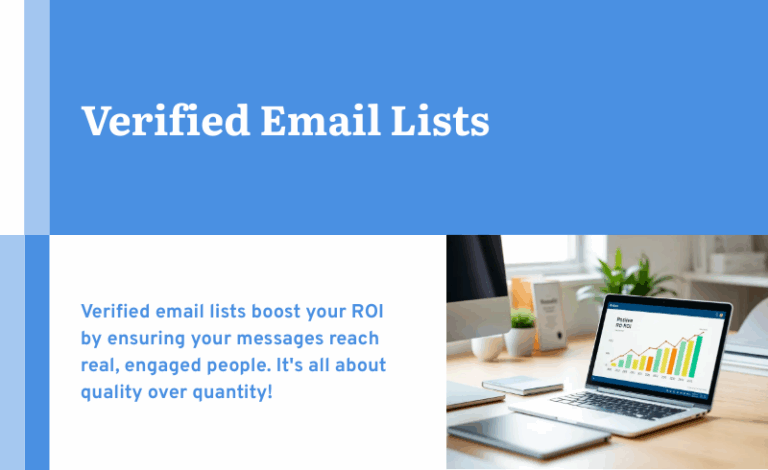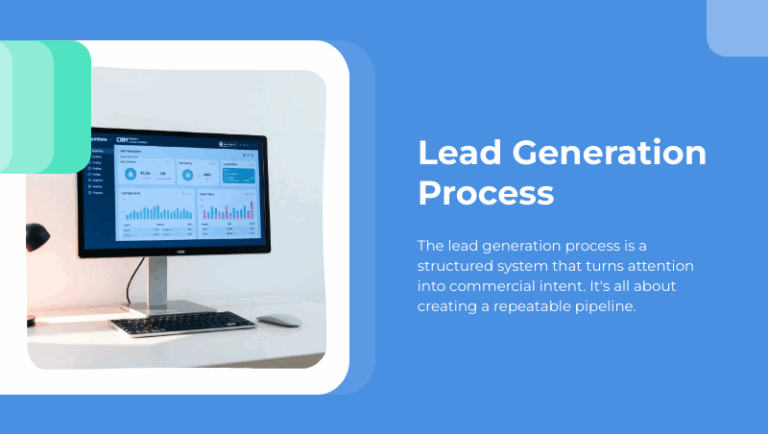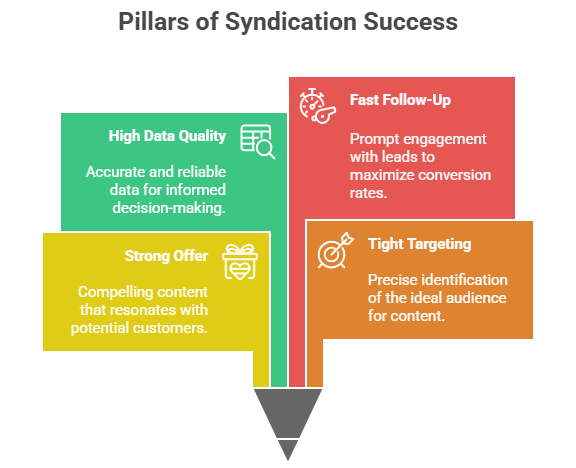
“Fake news” is a hot topic of conversation, but the reason it’s making headlines is that real news is enjoying a renaissance. Subscriptions to respected newspapers and journals are up across the board, and investigative reporters on television are drawing bigger audiences than they have in years. Marketers can take a page from the newspapers of note and do some investigative reporting of their own using data enhancement.
Data Adds Depth
Investigative reporters dig deeply into a single story rather than covering a broad range of topics. They take an analytical approach to a subject and offer details to support their analyses, much like what marketers do when drilling down to understand how leads make the buying decisions they do. With more data, you have the tools to achieve greater depth, and that’s true in marketing too. Let’s say you start with a lead’s company name and email address. You have a starting point for understanding that lead, but with data enhancement to fill in details such as a mailing address and ZIP code, you get deeper insight into your prospect.
Verifiable Sourcing
It isn’t enough to claim that “studies say” or “the smartest people tell us” what’s true in investigative journalism. You need reliable sources supplying a steady stream of verifiable information. Legal filings, recordings, and tax documents are examples of data investigative journalists might use when telling an important story. Having the facts to back up assertions is vital to understanding what’s true. Reporters know that sources can remain anonymous in a story and still be verifiably valuable. That’s true in marketing too, and anonymous browser cookies can give you a wealth of information about your leads even before you know their names.
Connecting the Dots
Investigative journalism is an exercise in taking an in-depth look at the facts of a story and drawing lines between the data in meaningful ways. Marketers can also see points of data and interpolate between them to arrive at new insights about their audience. What’s causing that spike in traffic? Investigative marketing aided by data enhancement can tell you. Maybe your new visitors are coming from a particular website that linked to you as an authoritative source, which in turn can inform your content marketing strategy. Perhaps they’re in the same geographical region, offering you a prime location for concentrating your next ad campaign. You won’t know unless you take an investigative approach – and only if you have the data to mine.
Storytelling with Data
Think of great documentaries you’ve seen or biographies you’ve read, and you’ll understand what a fascinating narrative data can tell. Marketing data can likewise tell important stories. Some of them are for you; marketing data that helps you develop more meaningful customer personas, for instance, help your organization understand its customers. Other stories are meant for your leads; when you’re able to tell them, for example, that other customers in their industry saw 44 percent higher open rates on email or a twofold increase in sales, you’re using data to reinforce your narrative.
Think like an investigative journalist about your marketing data, and you’ll discover your own big stories.
© Reach Marketing LLC 2017 All Rights Reserved.



